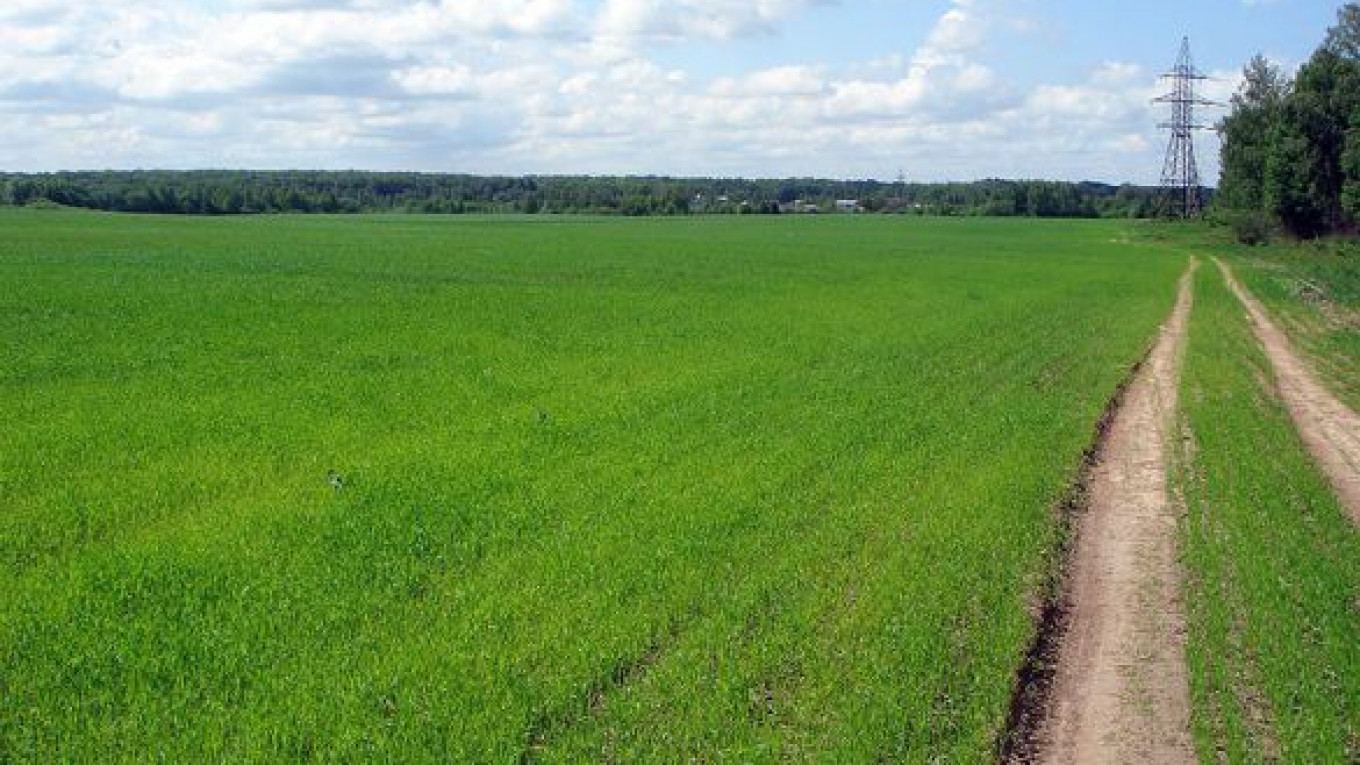Heavy rains in Russia's southern breadbasket in the past two weeks have halted crop damage from a drought, and the yield outlook could improve if favorable weather lasts through the harvest, the state forecaster said.
"We expect the total harvest to be less than last year's," said Anna Strashnaya, head of the agricultural forecasting department at the Federal Hydrometeorology and Environment Monitoring Service.
"But the forecast will be clarified in July because many areas have improved thanks to the rain. That goes for both spring grains and for winter grains where head formation still continued," she said. "[The rain] will compensate for losses and maybe improve the chances."
The southernmost growing regions on the Black Sea coast begin their harvest in June.
Strashnaya didn't disclose her current harvest forecast. She said it is for internal government use.
But she said it is not significantly lower than last year's 94 million tons, an amount likely to result in record exports of 27 million tons.
But many analysts have already forecast a decline in exports in the upcoming 2012-13 crop year based on forecasts for lower closing stocks and lower yields.
Those calculations give significant weight to the late-spring drought in growing regions near the Black Sea coast and key export outlets.
Hot, dry weather hit the region in the middle of April and lasted until May 24, Strashnaya said. That caused atmospheric or soil drought in parts of the southern breadbasket provinces.
The heat wave hit young plants that were in an unusually vulnerable state, she added. She said their condition was rated only "satisfactory," which is rare for the region at the end of spring.
But Russia's spring was long and cold and followed a fierce cold snap in the middle of February, which hit exposed wheat fields uncovered by snow after a warm start to the winter. Some exposed plants had not gone dormant when record frosts hit.
After six months of unusual temperature swings, the weather took a turn for the better in late May, she said.
"After the 23rd or 24th, the temperature fell and rain fell almost everywhere," Strashnaya said. "There were unusually heavy rains in some parts of the south, Rostov and parts of Krasnodar and the regions of the North Caucasus District. Some stations reported that average monthly precipitation had been surpassed."
Favorable weather in most regions is expected to continue into June, although rains are unlikely to compensate for a persistent shortage of soil moisture.
A shortage of moisture is still expected in parts of the North Caucasus, Rostov and Siberia, including the Altai region.
During the harvest in June and July, conditions in the European part of Russia are expected to be favorable, particularly in July, when temperatures are likely to be above average.
"That is good for the harvest," Strashnaya said.
A Message from The Moscow Times:
Dear readers,
We are facing unprecedented challenges. Russia's Prosecutor General's Office has designated The Moscow Times as an "undesirable" organization, criminalizing our work and putting our staff at risk of prosecution. This follows our earlier unjust labeling as a "foreign agent."
These actions are direct attempts to silence independent journalism in Russia. The authorities claim our work "discredits the decisions of the Russian leadership." We see things differently: we strive to provide accurate, unbiased reporting on Russia.
We, the journalists of The Moscow Times, refuse to be silenced. But to continue our work, we need your help.
Your support, no matter how small, makes a world of difference. If you can, please support us monthly starting from just $2. It's quick to set up, and every contribution makes a significant impact.
By supporting The Moscow Times, you're defending open, independent journalism in the face of repression. Thank you for standing with us.
Remind me later.






